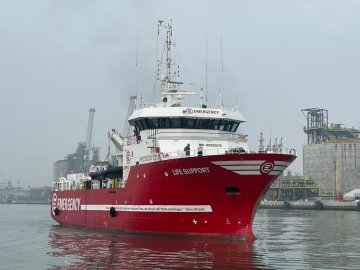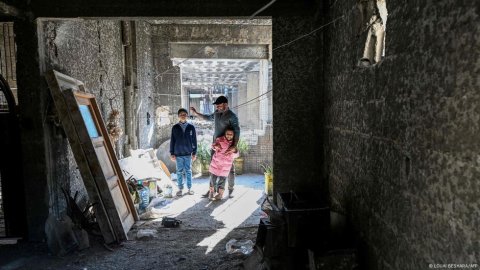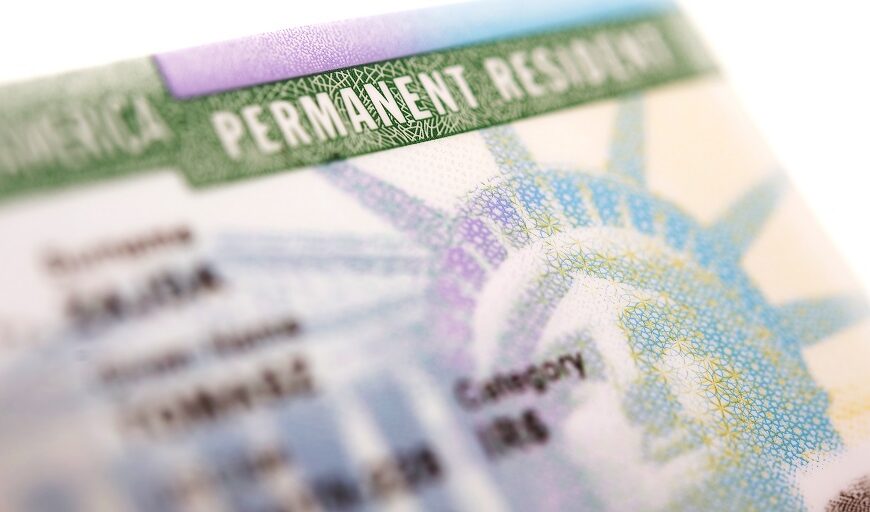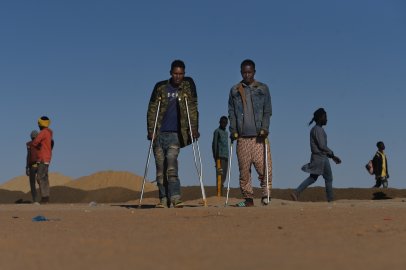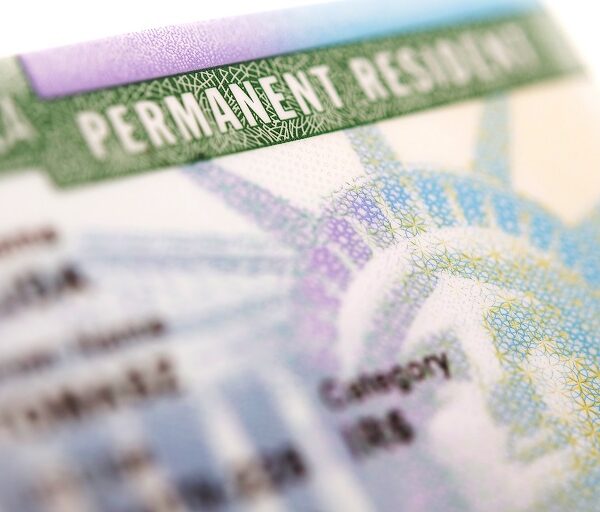Understanding the Plight of Migrants in Libya
In recent years, Libya has become a focal point for migrants attempting to reach Europe. The journey is perilous, fraught with dangers that range from treacherous sea crossings to the horrors of detention centers once they reach Libyan shores. Among those caught in this web of despair are minors, often unaccompanied, who face unimaginable challenges and risks.
The Minor’s Perspective: A Call for Attention
One such minor, recently rescued from the Mediterranean, has brought to light the urgent need for the world to listen to the voices of those imprisoned in Libyan detention centers. This young individual’s testimony is a poignant reminder of the suffering endured by many migrants and the necessity of amplifying their stories.
The Journey Begins
The journey to Europe might begin with hope, but for many migrants, it quickly turns into a nightmare. Taking to the sea in overcrowded and unsafe boats, they face the constant threat of drowning or being intercepted by coast guard forces. If they manage to survive the crossing, many end up in Libyan detention centers, where the conditions are often inhumane.
Key challenges faced by migrants in Libya include:
Life in Detention: A Harrowing Experience
In Libya, detention centers are notorious for their brutal conditions. Reports from various human rights organizations indicate that detainees, including minors, are often subjected to violence, neglect, and exploitation. The minor’s account sheds light on the day-to-day realities of life in such facilities, where the basic needs for food, water, and safety are frequently unmet.
Some of the vivid descriptions from survivors include:
The Importance of Listening to Migrant Voices
The plea from this minor is not merely a call for help but also an urgent demand for the international community to listen and act. It highlights the necessity of advocacy and intervention to improve the conditions for migrants and to ensure their rights are respected.
Human Rights Advocacy: A Collective Responsibility
The plight of migrants, particularly minors, should mobilize governments, NGOs, and individuals globally. There is an imperative to challenge the status quo and hold authorities accountable for the treatment of migrants. Advocacy groups are working tirelessly to bring attention to these issues, yet much more needs to be done.
Key actions that can amplify migrant voices include:
The Role of Media in Migrant Advocacy
Media plays a crucial role in shaping public perception and influencing policy decisions. By amplifying the voices of migrants and sharing their stories, media outlets can highlight the urgent need for change.
Challenges Faced by Journalists
However, covering the migrant crisis is not without challenges. Journalists often face restrictions, censorship, and the difficulty of accessing detention centers and migrant communities. Nevertheless, those who dare to tell these stories contribute significantly to the broader understanding of the issues at hand.
Ways the media can help include:
Conclusion: A Call to Action
The story of the minor rescued from the Mediterranean is a clarion call for all of us. It serves as a reminder that behind every statistic, there is a human life filled with dreams, hopes, and aspirations. As global citizens, it is our duty to ensure that these voices are not just heard but listened to, understood, and acted upon.
Now is the time for the international community to take decisive action to protect the rights of migrants, especially vulnerable groups like minors. We must advocate for humane policies, improve conditions in detention centers, and ultimately work towards solutions that address the root causes of migration.
Let us stand in solidarity with migrants and amplify their voices, ensuring that their stories of resilience and courage lead to meaningful change. Together, we can help transform the narrative surrounding migration from one of despair to one of hope and dignity.
